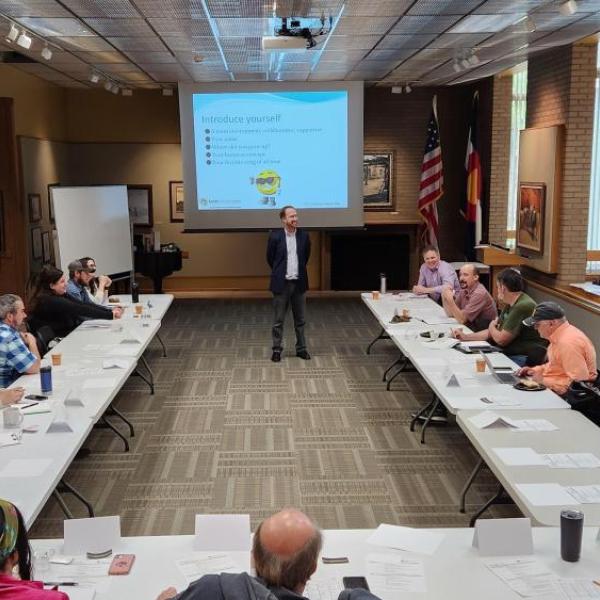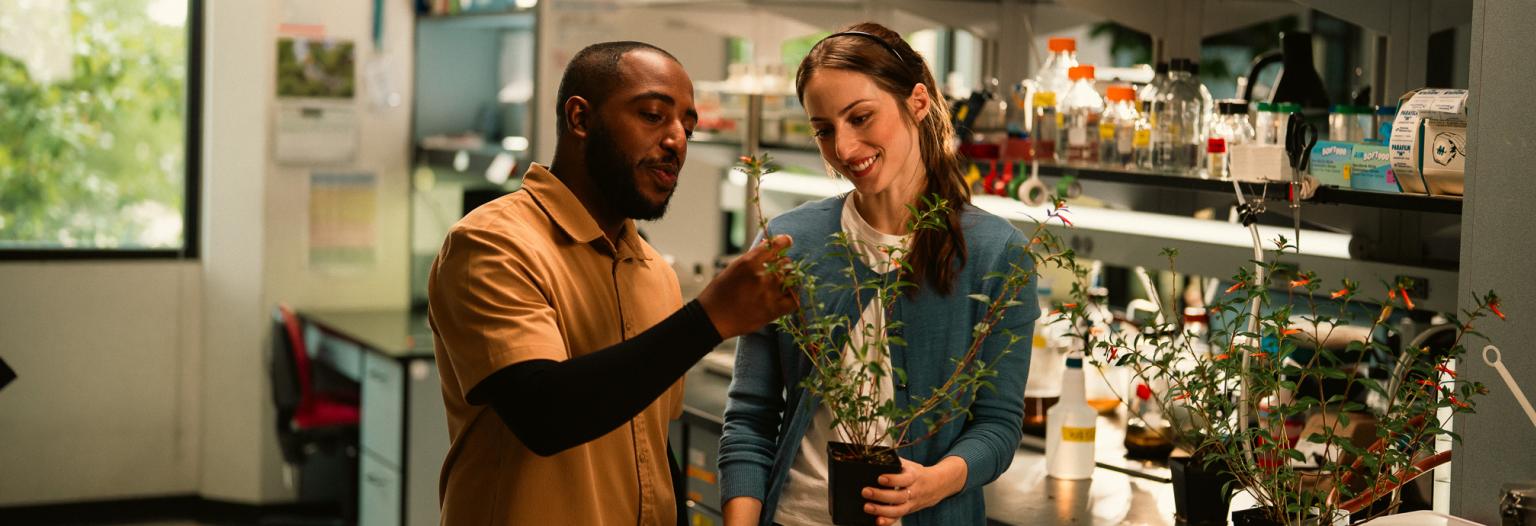
Dear Latrice,
We also love...
Maeve | Denver, CO

After eight years of research, scientists at the University of Colorado Cancer Center are advancing toward making their innovative cancer therapy available to patients. Funded by the Anschutz Acceleration Initiative (AAI), their project is one of nine selected for support.
Led by Tin Tin Su, a professor of molecular, cellular and developmental biology at CU Boulder, and Antonio Jimeno, a professor in the CU Department of Medicine's Division of Medical Oncology, the project focuses on SVC112, a synthetic molecule targeting cancer stem cells.
SVC112 was originally synthesized by SuviCa, Inc., a Boulder-based biotechnology company co-founded by Su. It’s based on the chemical bouvardin, found in the firecracker bush, Bouvardia ternifolia, a red-flowering plant that grows in the Southwest and Mexico.
The discovery in Su’s research lab at CU Boulder of bouvardin’s remarkable ability to prevent regeneration of tissues in the fruit fly led to the current studies.
Jimeno says it’s significant that the AAI award is for a potential cancer therapy “that was discovered in Colorado and will use Colorado funds from a Colorado donor to help Colorado cancer patients.”
Cancer stem cells, which produce cells resistant to traditional therapies like radiation and chemotherapy, are a primary target for SVC112. This molecule, derived from the firecracker bush and developed by SuviCa, Inc., aims to be more effective and less toxic than existing treatments.
“It’s effective in ways that other drugs are not,” Su explains. “SVC112 has shown promise in treating head and neck cancers, salivary gland cancer, colorectal cancer, and leukemia. This is exciting because it demonstrates that various tumor types rely on similar mechanisms for invasion, growth, and metastasis.”
The AAI grant will fund the next crucial steps, including pre-clinical tests, an investigational new drug application, and a Phase 1a clinical trial. Future trials may target additional cancers based on early results. If the researchers see patients with certain cancers responding especially well, Jimeno says.

